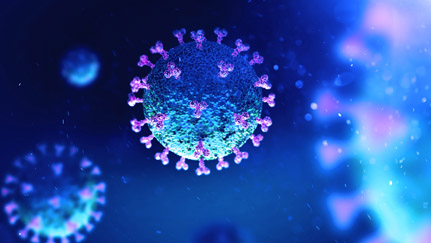Subscribe to our newsletter for timely content in your inbox

Most likely, you are aware of the coronavirus that was initially detected in Wuhan, China. We are providing you with some basic information on this issue, even though at this time, according to the Centers for Disease Control and Prevention (CDC), the risk of exposure is unlikely, and the immediate health risk is considered low for most of the American public.
Coronaviruses are a group of viruses that cause diseases in mammals, including humans and birds. In humans, the virus causes respiratory infections which are typically mild but, in rare cases, can be severe.
Cases have been identified in travelers from Wuhan to other parts of China and the world, including the United States. As of March 3, 2020, CDC reported community spread of the virus at varying degrees in several U.S. states.
Available information suggests that older adults and persons with underlying health conditions may be at increased risk for severe disease.
Coronavirus is a respiratory virus and can be transmitted from person to person by inhaling, coughing or sneezing. Infected people will experience flu-like symptoms 2 to 14 days after exposure. Initial symptoms of the new coronavirus include fever, cough, tightness of the chest, runny nose, headache and shortness of breath. Serious cases can lead to pneumonia, kidney failure and, in some cases, death.
The World Health Organization’s standard recommendations for the general public to reduce exposure to (and reduce transmission of) a range of illnesses (including the Coronavirus) include the following hand and respiratory hygiene, and safe food practices:
We appreciate your attention to this important matter.